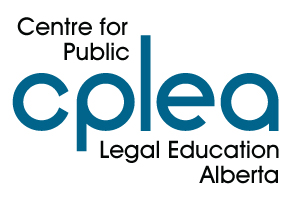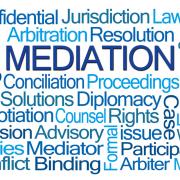The OmbudService for Life and Health Insurance (OLHI) is a free, fast, independent, and impartial alternative dispute resolution public service for Canadian life and health insurance consumers.
OLHI provides accurate and accessible information about life and health insurance concerns.
This includes guiding consumers through the complaints process, answering their questions, and helping them find lost policies or policies of deceased loved ones.









Follow CPLEA